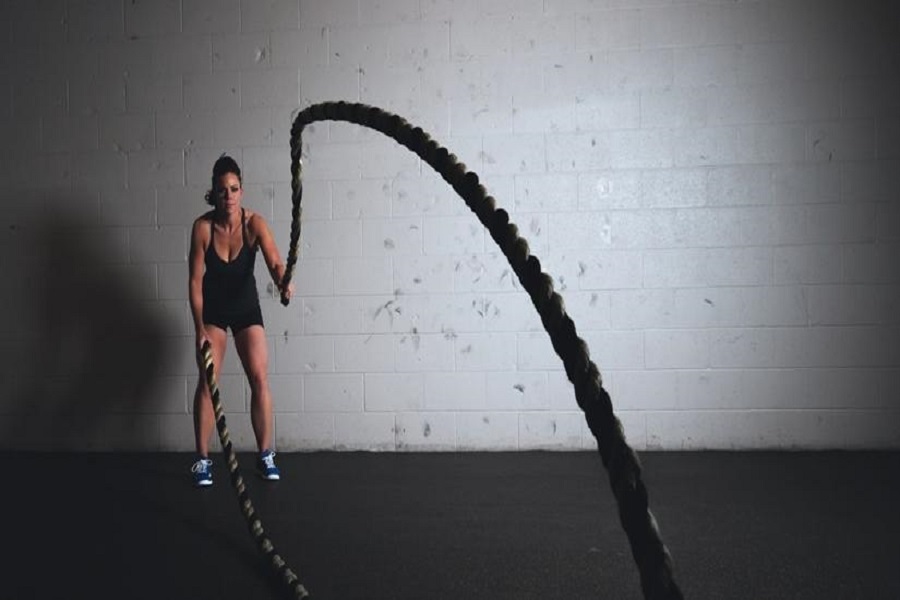
Follow us Now on Telegram ! Get daily 10 - 12 Interesting Updates. Join our Telegram Channel https://t.me/OhWomen
Download Telegram App before Joining the Channel
Moderate-to-vigorous physical activity only one to two days of the week or at weekend can lower risks of heart disease and stroke similar to more evenly distributed exercise during the week, finds a study.
Guidelines recommend at least 150 minutes of moderate-to-vigorous physical activity per week for overall health, but it's unclear if concentrated exercise can provide the same benefits as more evenly distributed activity.
The study published in JAMA found that adopting a "weekend warrior" pattern may be equally beneficial for people who find it difficult to find time to exercise during a busy work week.
"Our findings suggest that interventions to increase physical activity, even when concentrated within a day or two each week, may improve cardiovascular outcomes," said senior author Patrick T. Ellinor, acting chief of Cardiology and the co-director of the Corrigan Minehan Heart Center at Massachusetts General Hospital (MGH).
The team examined data on 89,573 individuals who wore wrist accelerometers that recorded their total physical activity and time spent at different intensities for a full week.
Among participants, 33.7 per cent were inactive (less than 150 minutes of moderate-to-vigorous physical activity per week), 42.2 per cent were active weekend warriors (at least 150 minutes with at least half achieved in 1-2 days), and 24.0 per cent were active-regular (at least 150 minutes with most exercise spread out over several days).
After adjustments, both activity patterns were associated with similarly lower risks of heart attack (27 per cent and 35 per cent lower risks for active weekend warriors and active-regular, respectively, compared with inactive), heart failure (38 per cent and 36 per cent lower risks), atrial fibrillation (22 per cent and 19 per cent lower risks), and stroke (21 per cent and 17 per cent lower risks).
The team also plans to assess whether weekend warrior-type activity might be associated with reduced risks of a broader spectrum of diseases.
Source : IANS